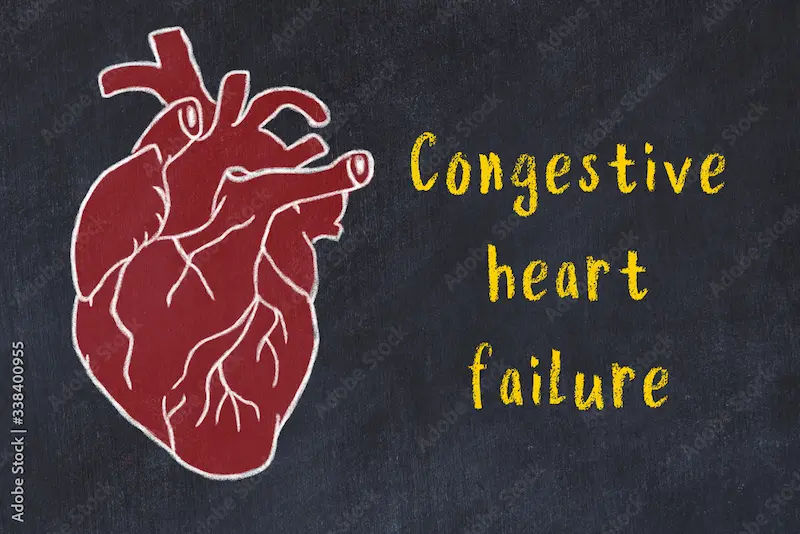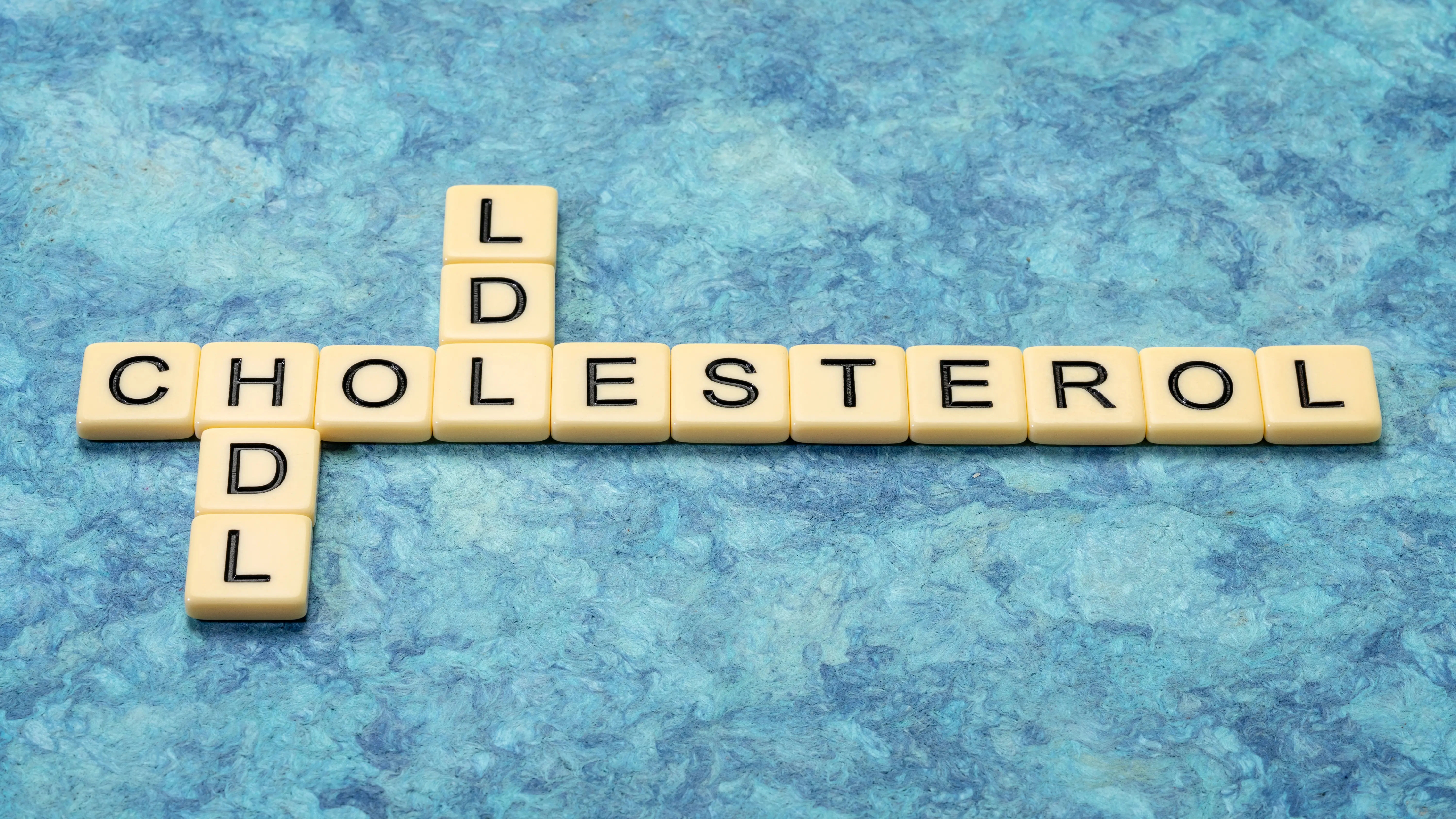- female
- 65 Years
- 29/01/2025
Hey, I'm really concerned about my mother-in-law. She had a heart attack yesterday and she's in the hospital being watched by the doctors. They've done an ECG but haven't done angiography or an Echo yet. Is angiography absolutely necessary after a heart attack? If it is, why might the doctors be taking so long to do it? I'm not sure how urgent this procedure isshouldn't it be done quickly after the heart attack? She's stable for now, she can talk, but she's experiencing some pain in her back. I tried asking one of the doctors about the angiography and ended up getting yelled at, which has left me feeling frustrated and worried about what's happening. Is delaying angiography risky? Should we consider moving her to a different hospital?
Answered by 1 Apollo Doctors
It is important to understand the reasons behind the delay in performing angiography in your mother-in-law's case. Angiography is typically recommended to assess the extent of blockages in the coronary arteries following a heart attack. While it is an important diagnostic tool, the timing of angiography depends on various factors such as the patient's stability, overall condition, and the presence of any complications. In cases where the patient is stable and there are no urgent indications for immediate angiography, doctors may opt for a conservative approach to allow for stabilization and further assessment. The decision to delay angiography may also be influenced by the availability of resources, the presence of other medical conditions, and the overall clinical judgment of the healthcare team. It is essential to trust the expertise of the medical team caring for your mother-in-law and to have open communication with them regarding any concerns or questions you may have. If you are unsure about the reasons for the delay or if you have specific concerns about the timing of angiography, it is important to discuss these issues with the treating physicians in a respectful and collaborative manner. As for the risk of delaying angiography, while prompt intervention is generally recommended in cases of acute coronary syndrome, a short delay in stable patients may not necessarily lead to adverse outcomes. However, it is crucial to follow the guidance of the medical team and to ensure that appropriate monitoring and management are in place during this period. Moving the patient to another hospital should be considered only after careful evaluation of the reasons for the delay, the expertise of the current healthcare team, and the resources available at the alternative facility. It is important to weigh the potential benefits and risks of transferring the patient and to make an informed decision in consultation with the treating physicians. Overall, it is essential to trust the medical team's judgment, maintain open communication, and work together towards the best possible care for your mother-in-law during this critical time.
Dr. Dr Khaleel Suggests...
Consult a Cardiologist
Answered 04/07/2025
0
0

More Cardiology Health Queries
View allI'm really worried about my mom. Her blood pressure has been consistently over 14090 for the past year. She's actually quite healthy otherwise, and makes sure to walk for at least 30 minutes every morning. She's even cut back on her sodium intake. Do you think she still needs to start taking medication to help control her blood pressure?
Given that your mother's blood pressure has been consistently above 14090 mmHg for a year, it is important to manage it to reduce the risk of complications such as heart disease or stroke. While lifestyle changes like reducing sodium intake and regular exercise are excellent steps, they might not be sufficient on their own. It would be best for her to consult with her healthcare provider to determine if she needs medication to help control her blood pressure.
Answered by 1 Apollo Doctors
I'm trying to figure out what's causing my shortness of breath. If my HRCT scan looks normal, but I'm still experiencing breathing issues and my ECG shows RBBB, what could be going on? Should I consider getting a CT coronary scan to investigate further? I'm really looking for some guidance here.
Pulmonary function test, methacoline challenge test
Answered by 1 Apollo Doctors
I'm 50 years old and was diagnosed with mitral valve prolapse at 18, but there's no blood regurgitation according to my echocardiogram. I checked with a doctor about 8 years ago, and they said it's not something to worry about. Should I mention this condition when getting my COVID-19 vaccine?
An ECG report indicating sinus rhythm, normal axis, and T and ST wave abnormalities suggests potential cardiac issues. While not necessarily serious, it requires further evaluation. Consider: Next Steps 1. Consult a cardiologist for interpretation and guidance. 2. Additional tests: Holter monitor, echocardiogram, or stress test. 3. Review medical history and medications.
Answered by 1 Apollo Doctors
Disclaimer: Answers on Apollo 247 are not intended to replace your doctor advice. Always seek help of a professional doctor in case of an medical emergency or ailment.


.webp)
_0.webp)

